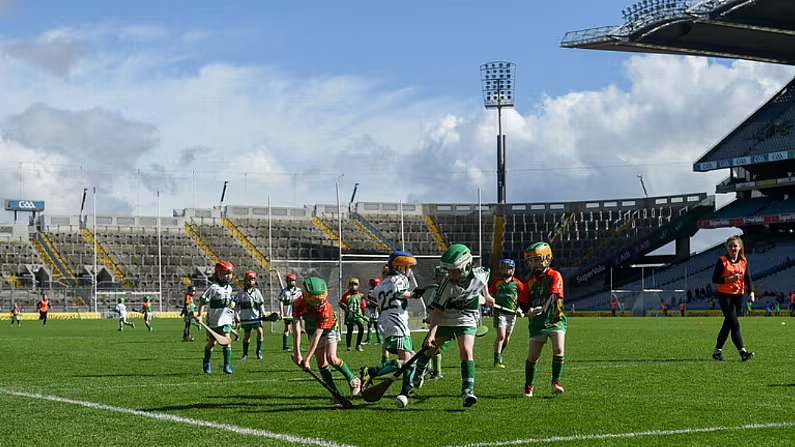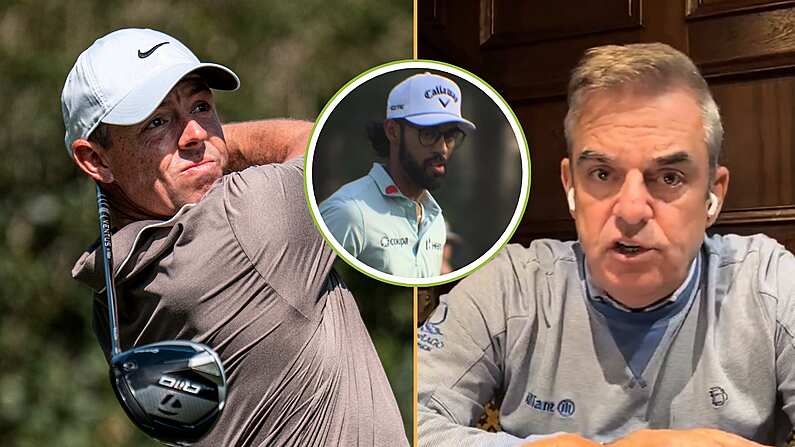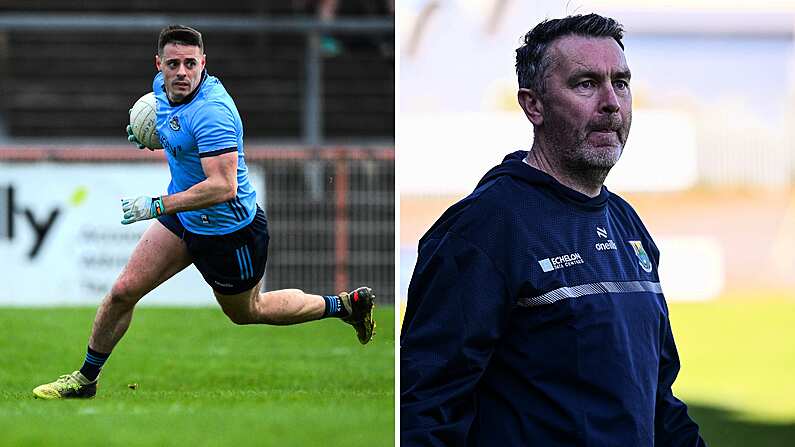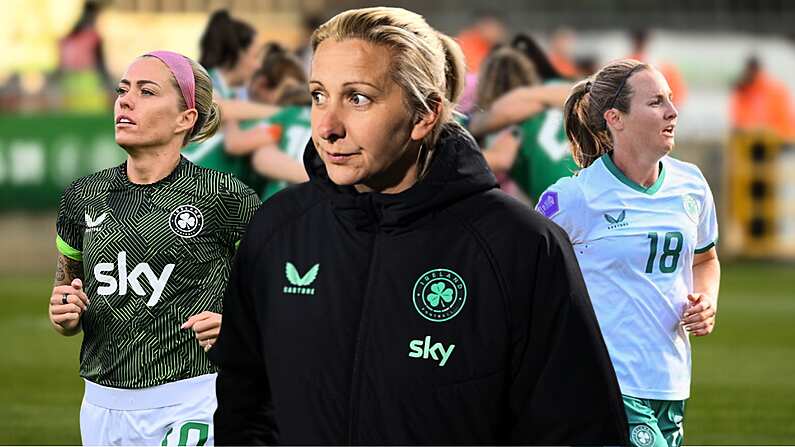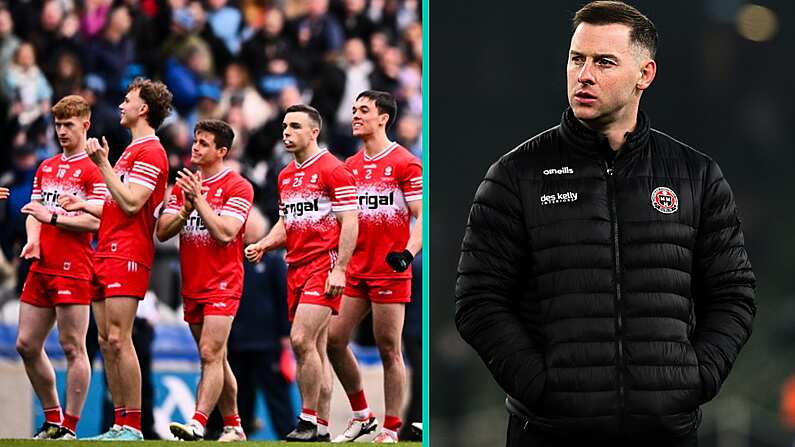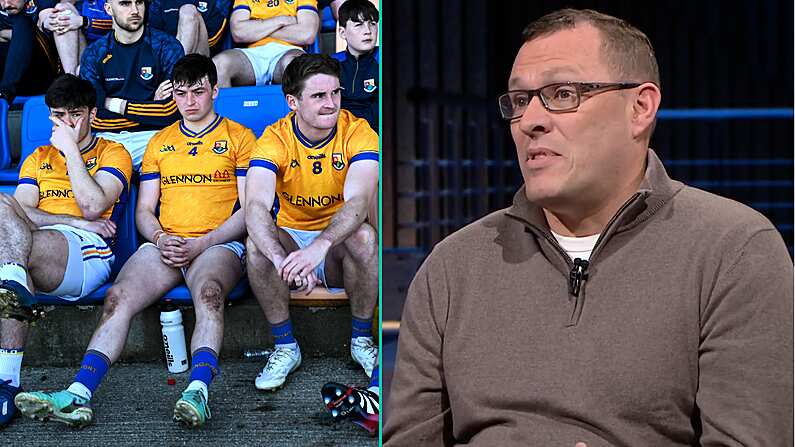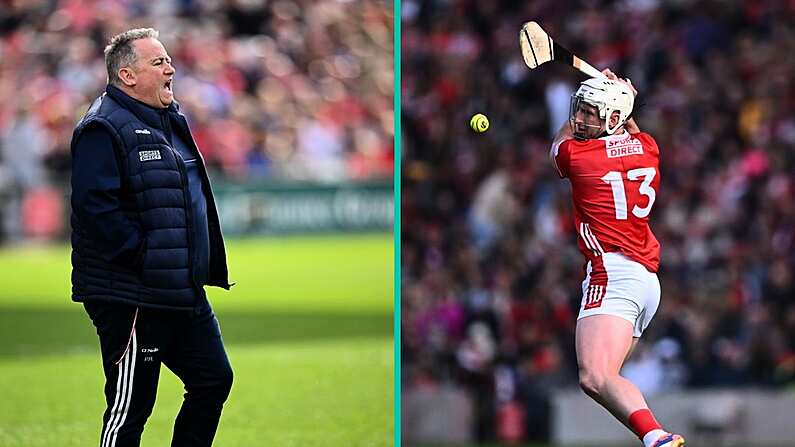Seamus Kenny, the GAA's National Participation and Programmes Manager, says the association views the debate around games for players up to the age of 12 not being competitive as a "positive".
Earlier this week, Cahair O'Kane reported in the Irish News that in an email to counties, the GAA reminded them that games for players up to the age of 12 should not have any competitive aspects. Those would include the keeping of scores, the use of rolling subs, and the awarding of cups and medals. Games for players of that age come under the Go Games category.
"It's really just a relaunch of a policy that's been there since 2010," Kenny told RTÉ Radio One.
"It's just a reinforcement of the principles and ethos of that programme."
The relaunched policy is a collaboration between the GAA, Camogie Association, and LGFA. Earlier this year, in his annual report, GAA director general Tom Ryan wrote of the need to "arrest the creeping competitiveness" within games for young juvenile players.
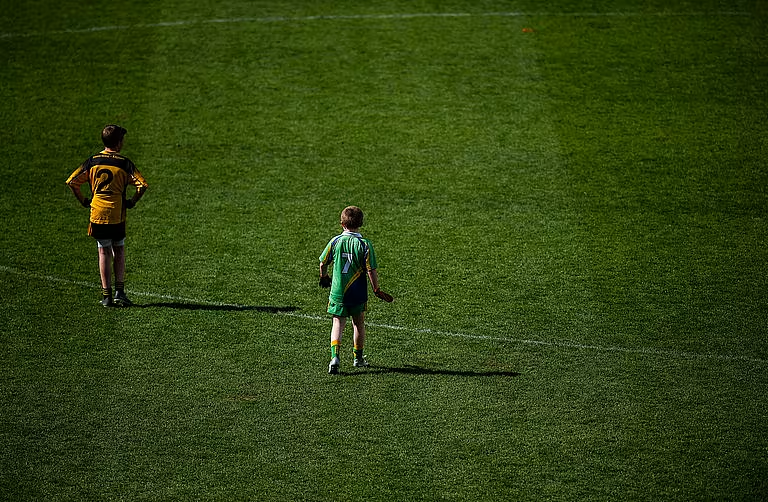
12 April 2017; A general view of action between St. Brigids GAA Club, Co Roscommon, and Enniscrone Kilglass GAA, Co Sligo, during the Go Games Provincial Days at Croke Park in Dublin. Photo by Cody Glenn/Sportsfile
"Everyone gets an opportunity to play a game," said Kenny.
"That's the principle and ethos around it, that it's played in a fun and safe environment. You don't want children omitted or restricted from their games opportunities.
"It's not competitive in terms of medals and trophies but anyone that has seen the games, the kids themselves are very competitive and know exactly what they should be doing. It's trying to remove that over-eagerness from outside interests that are putting pressure on them. We want as many kids as possible playing our games.
"There's huge developmental opportunities within the games themselves and they are competitive. The kids develop both physically and emotionally, and everything else that we want.
"It's a development pathway and those initial stages are about taking part, building up the basic skills of our games. There are plenty of opportunities later on in their careers [to play competitive games], and that's exactly what we want, we want kids to be involved in these games for as long as possible.
"As a parent, coach and as well as an administrator, I think it wouldn't sit well on any of our shoulders to see a kid that's omitted and not given an equal opportunity or not allowed to play our games.
"Over the last number of days, with this coming to light, it's really been a positive from our perspective. People are debating the merits of being competitive, being non-competitive. There's probably reeducation on everyone's part with this, and a new policy allows for that."


